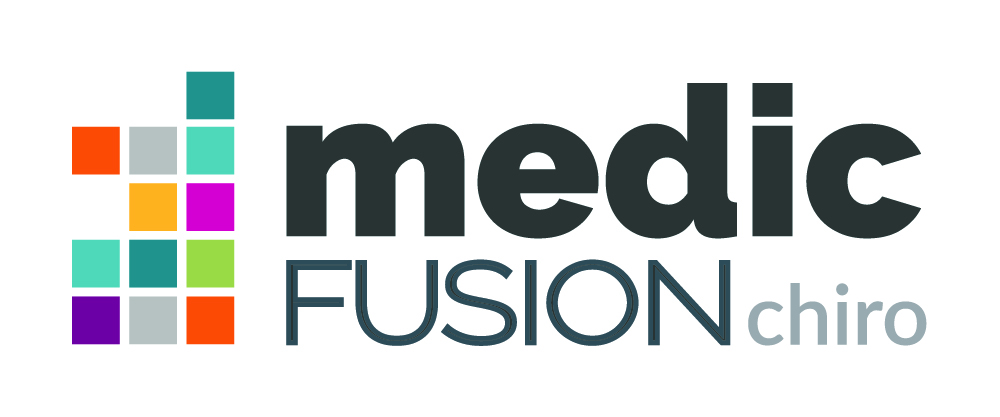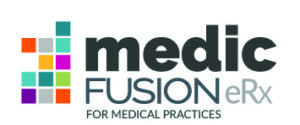NOTE: Once required, all codes and converter will be released for use.
We’re ICD-10 ready. Medicfusion is ICD-10 ready with all the new codes. We also provide a Converter Feature that converts all older codes to ICD-10, a major time saving function for our customers.
Defining ICD-10
ICD-10 is the 10th revision of the International Statistical Classification of Diseases and Related Health Problems (ICD), a medical classification list by the World Health Organization (WHO). It codes for diseases, signs and symptoms, abnormal findings, complaints, social circumstances, and external causes of injury or diseases. ICD-10 is replacing the ICD-9 code sets used to report medical diagnoses and inpatient procedures.
Why the Change?
The transition to ICD-10 is occurring because ICD-9 produces limited data about patients’ medical conditions and hospital inpatient procedures. It is 30 years old, has outdated terms, and is inconsistent with current medical practice. Also, the structure of ICD-9 limits the number of new codes that can be created, and many ICD-9 categories are full.
Chiropractors Affected
ICD-10 will affect diagnosis and inpatient procedure coding for everyone, including chiropractors, who are covered by Health Insurance Portability Accountability Act (HIPAA), not just those who submit Medicare or Medicaid claims. The change to ICD-10 does not affect CPT coding for outpatient procedures.
Key Points
Here are some ICD-10 factors that chiropractors need to consider:
- ICD-10 will change all of the diagnosis codes you are currently using. Every ICD-9 code you are using – including 739 and 839 series subluxations – will change.
- ICD-10 will force documentation changes. One reason that ICD-10 codes are being promoted is for greater accuracy as compared to previous code sets. Therefore, if your documentation doesn’t match up, you risk having insurance payers denying your service because your documentation does not contain the required level of specificity.
- ICD-10 will require training for both doctors and staff in your practice. ICD-10 will cause more interaction between you and your staff because the billing, coding and documentation of your services will be more intertwined. As a result, both you and your staff will need to be trained in proper implementation of ICD-10.
- Since ICD-10 will affect more than claims transmission and will change the actual diagnosis codes that are used, it doesn’t matter how things are billed, either paper or electronically. The ICD-10 codes must be used if you want to be paid – no exceptions.


